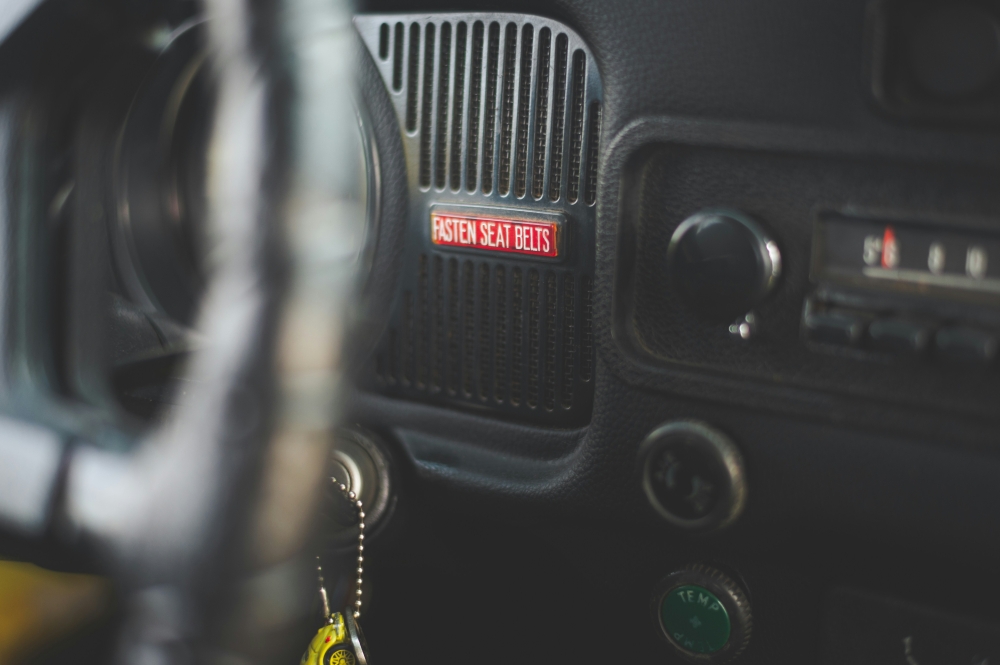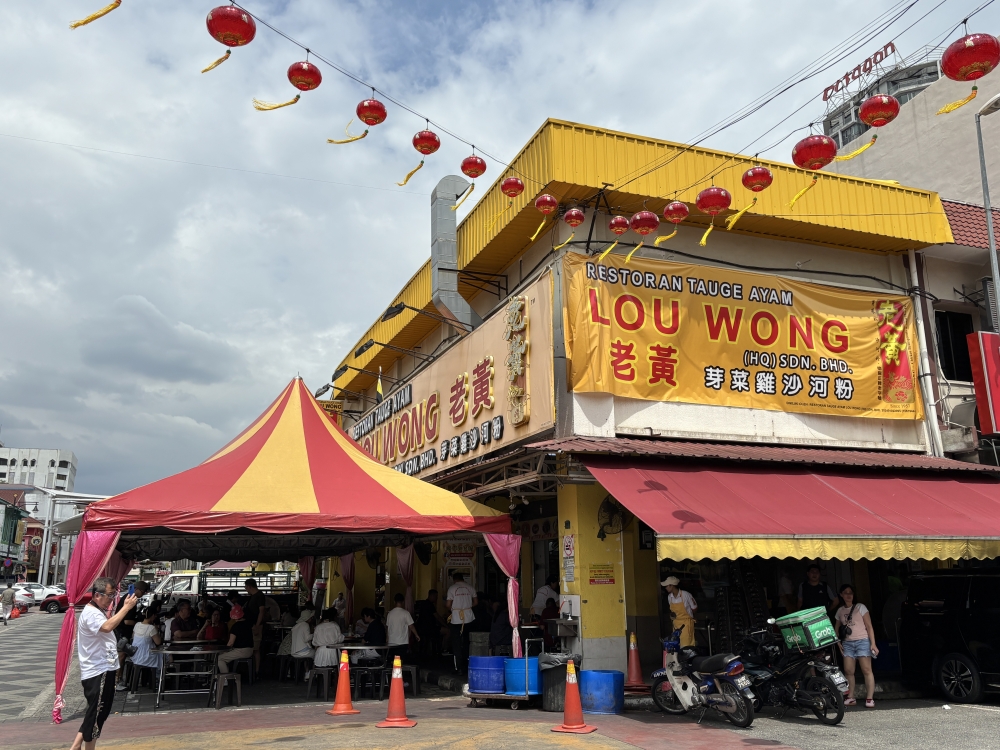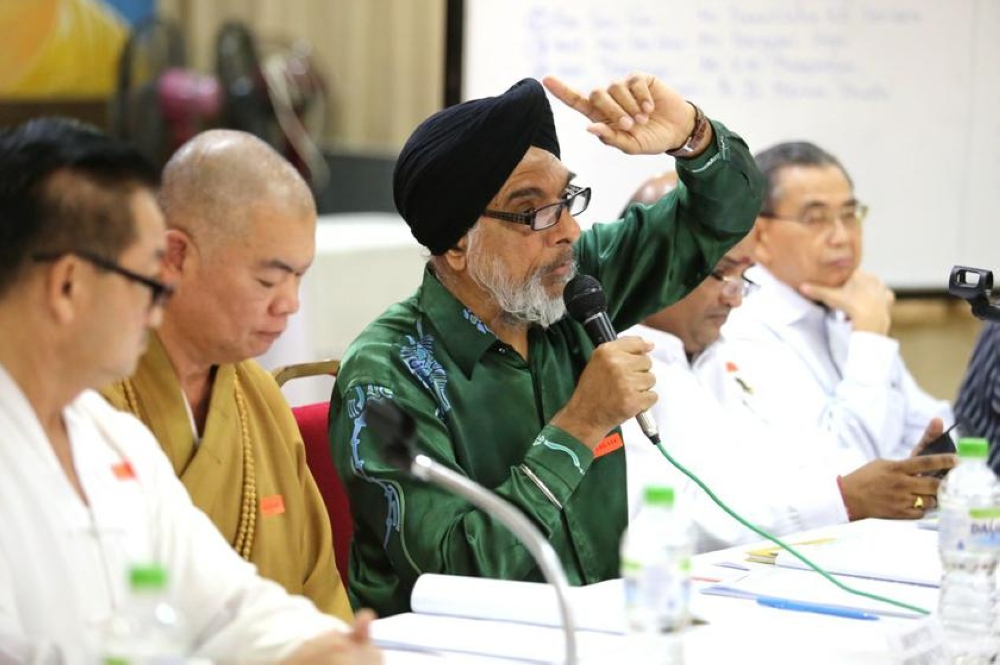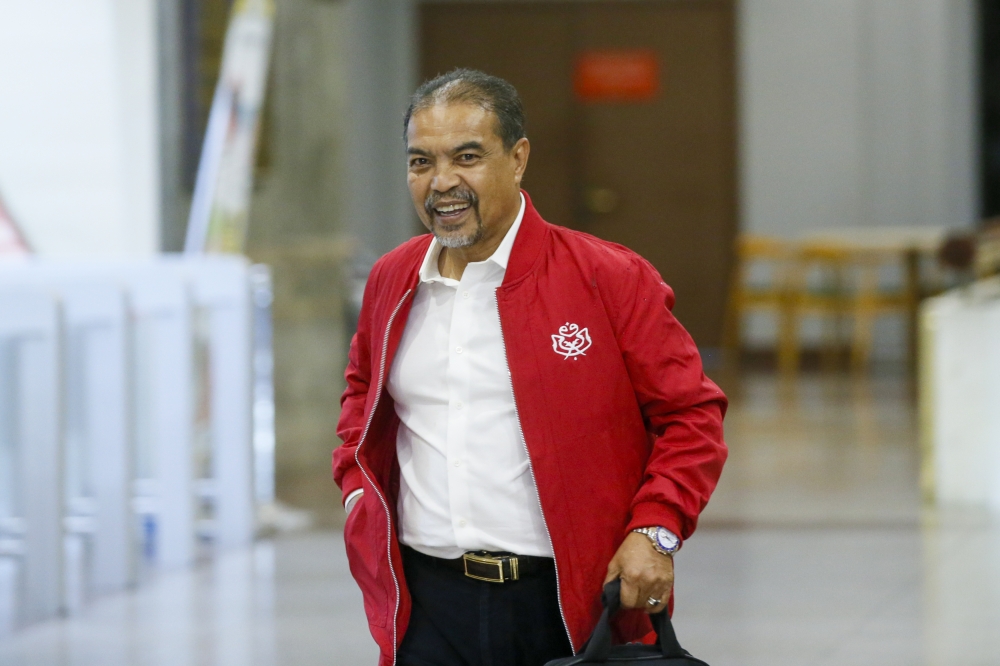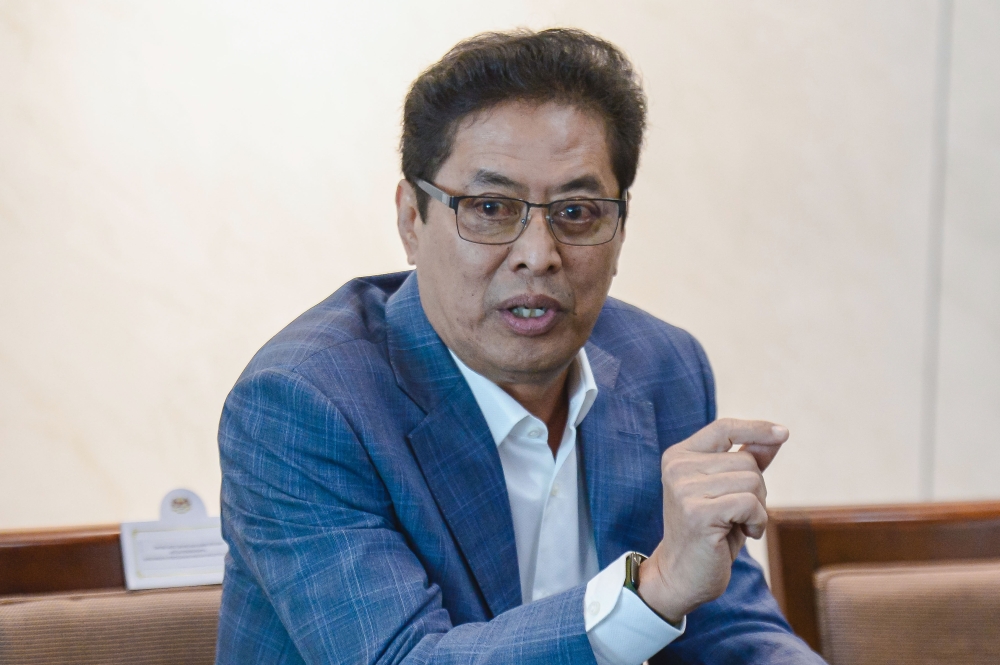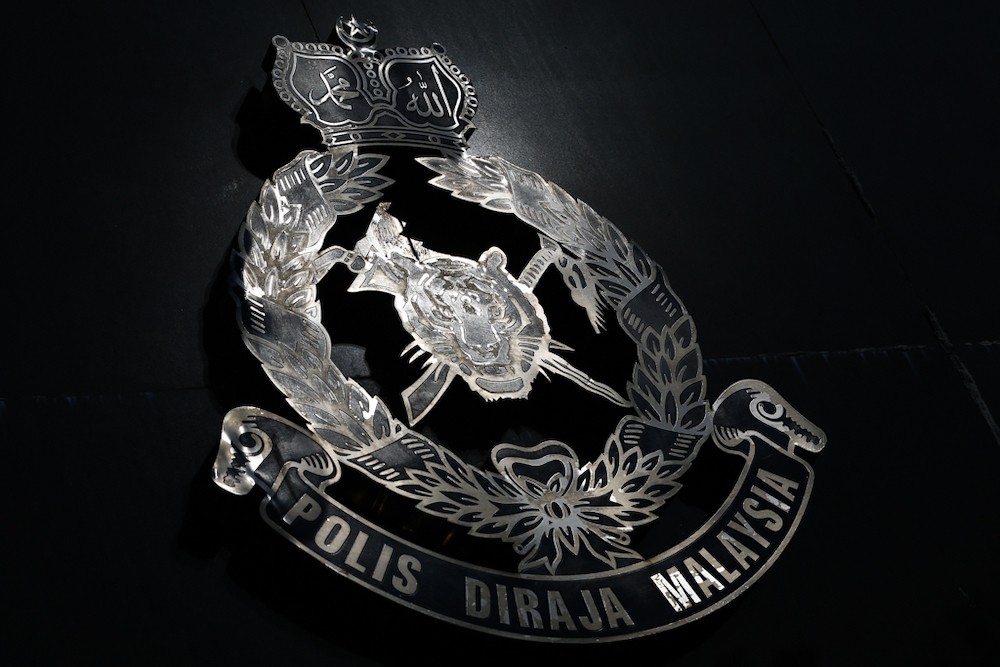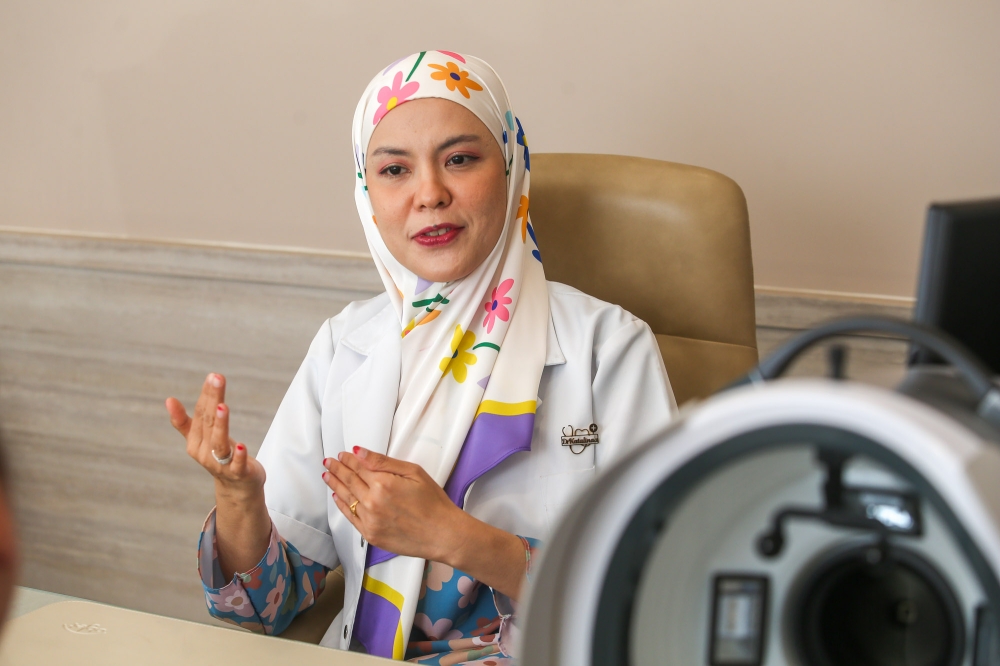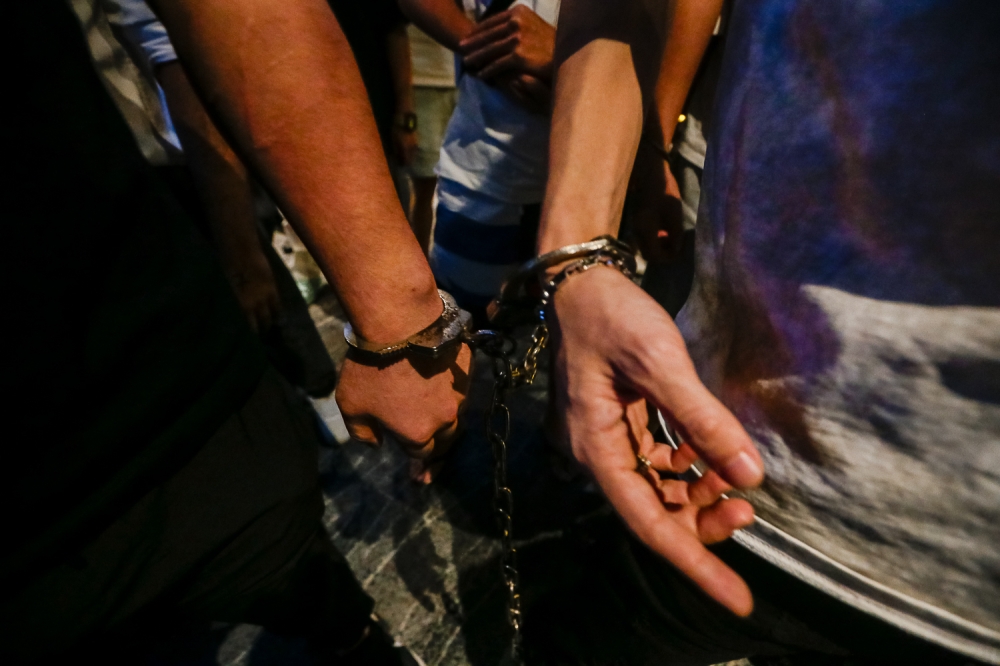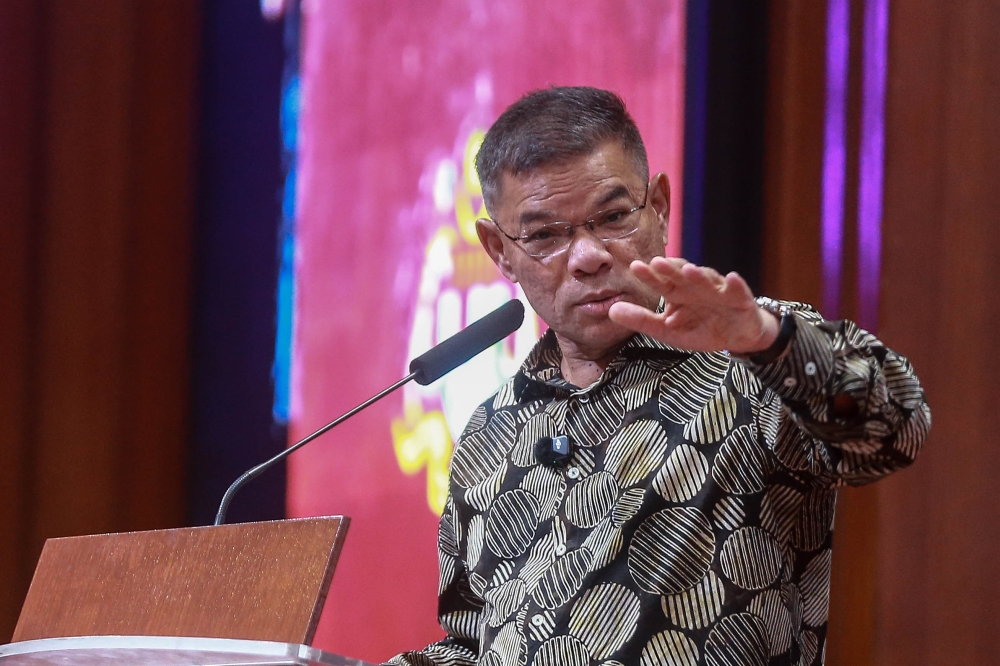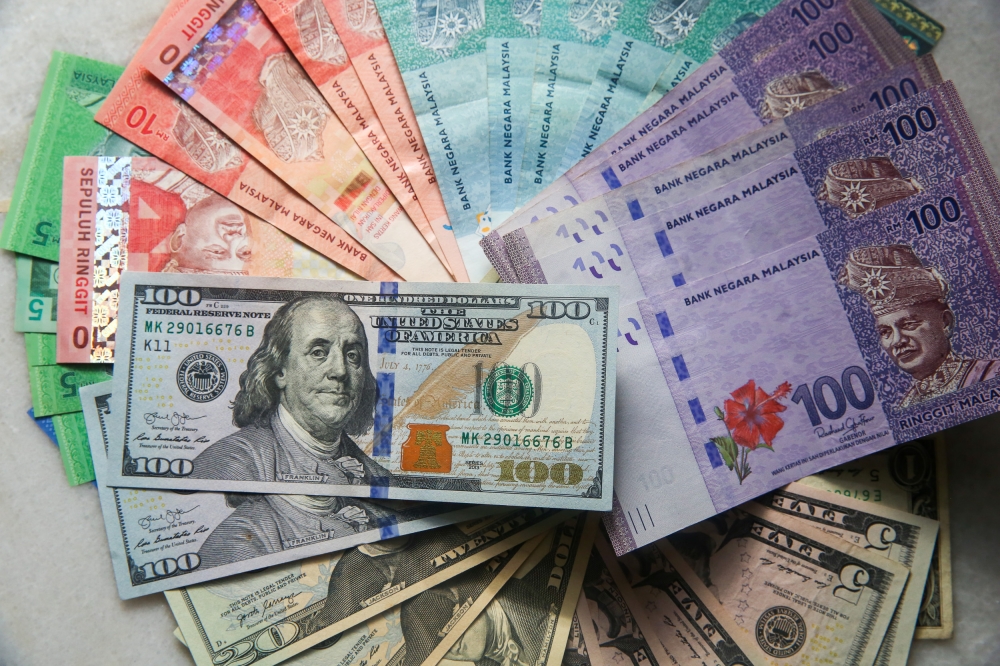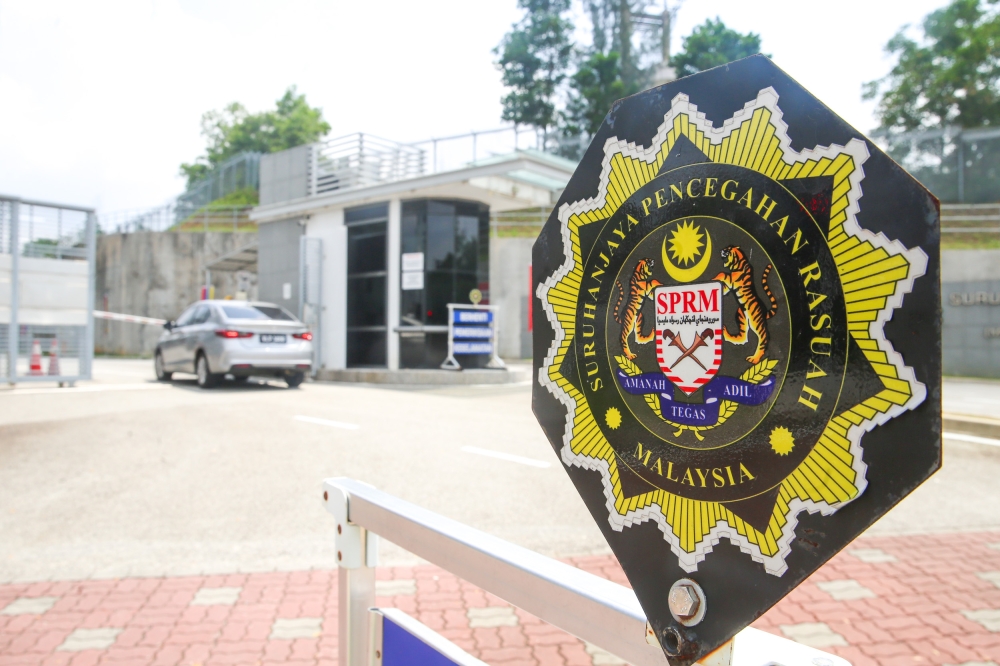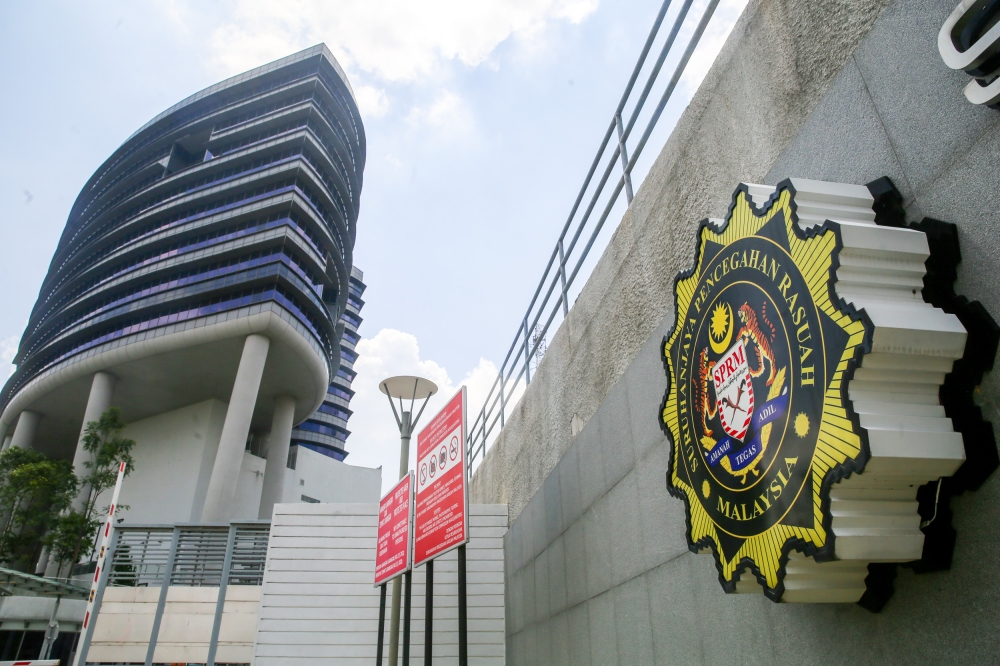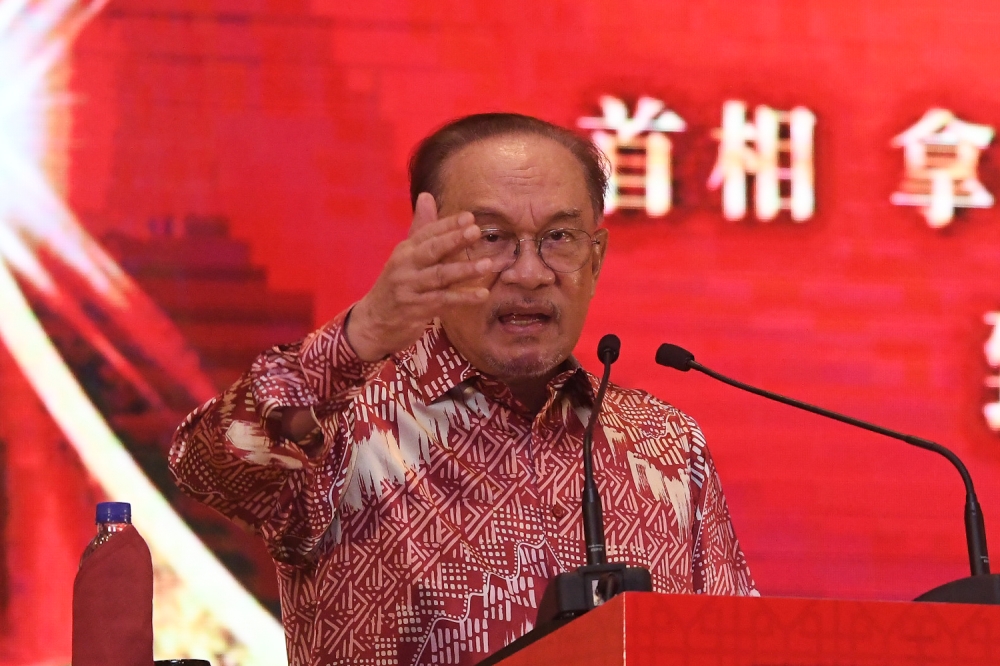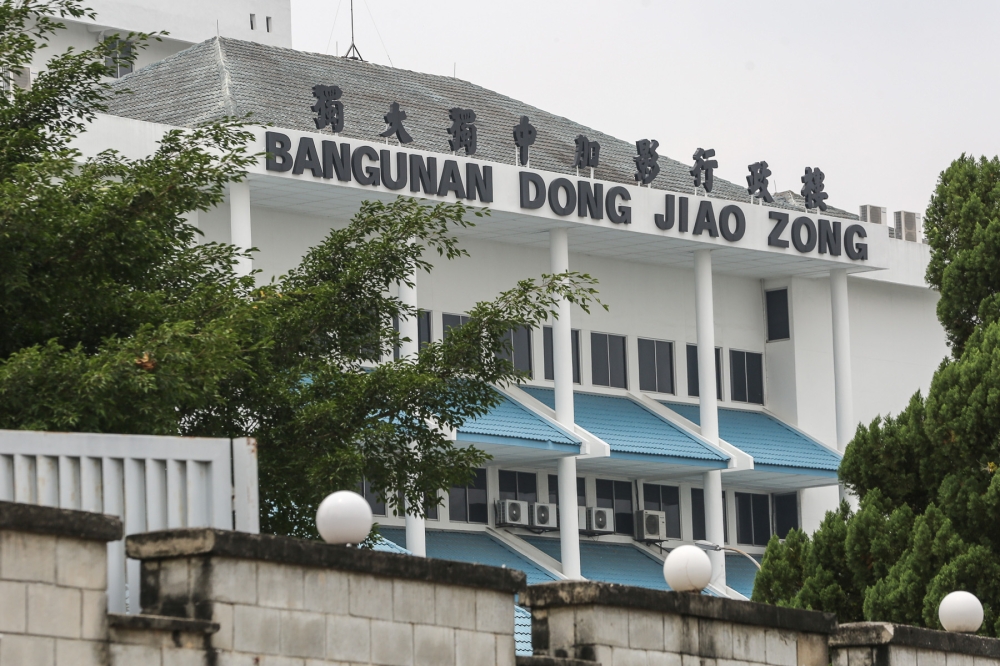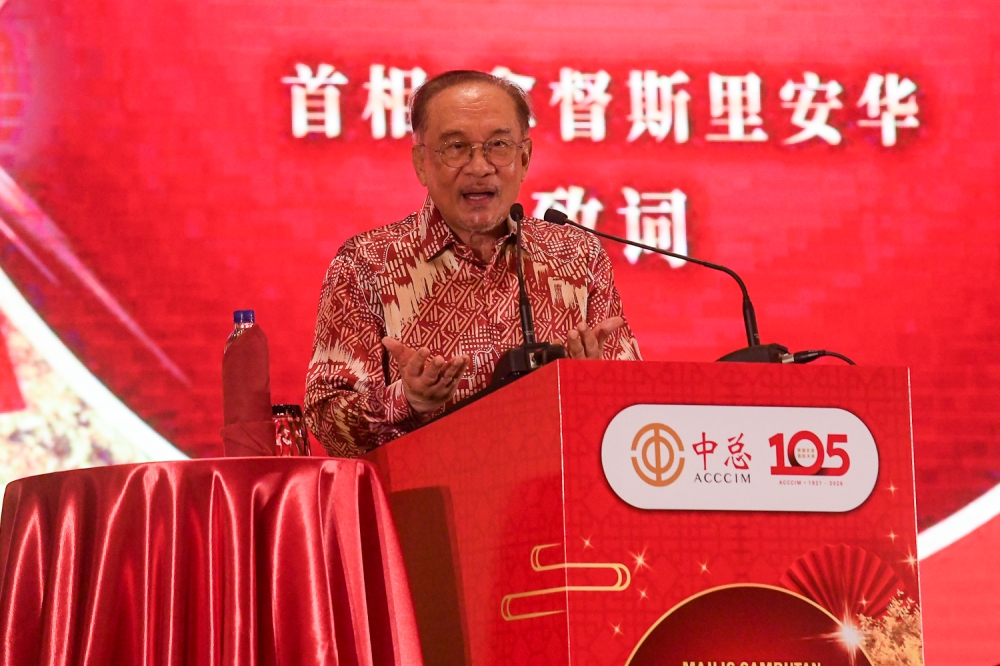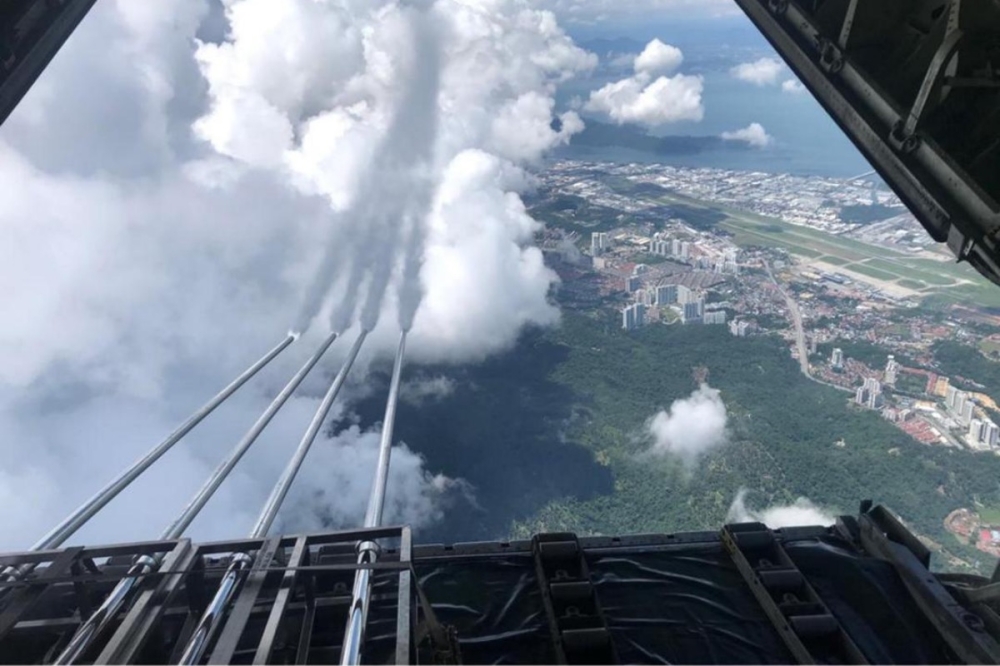KUALA LUMPUR, May 21 — 1Malaysia Development Berhad’s (1MDB) management branded the company’s efforts to retrieve money that was transferred out of the country and recorded on paper as “investments” as “Project PITA”, an internal joke in recognition of 1MDB’s difficulties in having the investment brought back as cash.
1MDB former CEO Datuk Shahrol Azral Ibrahim Halmi today reaffirmed how the company’s initial US$1 billion “investment” in a 2009 joint venture with purported Saudi-linked company PetroSaudi International Ltd (PSI) kept getting converted into different forms of investments on paper over time, including instances when profits on paper were recorded, but with 1MDB eventually never getting back the money it had “invested” in the form of actual cash.
Shahrol was testifying as the ninth prosecution witness in Datuk Seri Najib Razak’s power abuse and money-laundering trial involving more than RM2 billion of 1MDB funds.
Today, Najib’s lead defence lawyer Tan Sri Muhammad Shafee Abdullah asked Shahrol why a project mentioned in the minutes of a 1MDB board meeting on March 2, 2012 was named as “Project PITA”.
“It was an internal joke at that time, P because PSI, PITA because pain in the ass,” Shahrol said, referring to 1MDB’s project to repatriate the funds it had invested.
Shahrol pointed out that 1MDB’s management was aware of various matters that it had to consider in efforts to bring back funds, such as its impression of the 1MDB-PSI joint venture being a purported government-to-government deal between Malaysia and Saudi Arabia, as well as Saudi’s quota on the number of visitors from Malaysia that could visit each year for Haj.
“It’s a pain in the ass because we need to tread delicately due to G2G, Haj quota. We felt — the board — this is something that needs to be managed carefully, Datuk Seri Najib needs to be consulted.
“So internally, we recognised this is not something as straightforward to be treated commercially, that’s why we called it PITA,” he said.
Shafee then remarked “are you buying pita bread” and asked if anyone in the 1MDB board of directors had ever asked him why the project was named “PITA”, but Shahrol said such a question never arose.
When asked by Shafee if the 1MDB board would have been a lot more alert if they were told the project to repatriate funds invested abroad was named “PITA” as it was a “pain in the ass”, Shahrol disagreed.
At the time when “Project PITA” was mentioned in the 2012 minutes, 1MDB had already faced difficulties in getting documents and cooperation from PSI officials Patrick Mahony and Tarek Obaid on the purported 1MDB-PSI joint venture where 1MDB had “invested” US$1 billion in September 2009.
With the 1MDB-PSI joint venture firm inactive, 1MDB later resorted in March 2010 to convert its US$1 billion stake in the joint venture company into a US$1.2 billion Islamic financing loan (via Murabahah notes) to the joint venture company. With that deal, 1MDB recorded a profit of US$200 million on paper only, without actually receiving the money in cash.
1MDB later went on to give an additional US$500 million loan in September 2010 and an additional US$330 million loan in May-October 2011 to PSI, which meant 1MDB’s “investment” in PSI came up to a total of US$1.83 billion (after taking into account the initial US$1 billion sum in 2009).
Subsequently, 1MDB would go on to agree and approve further conversion of the investment that was in Murabahah notes into other types of equity and fund units, but ultimately did not get back cash for its “investment”, with only some minimal interest payments received along the way.
In 1MDB’s continuous fruitless efforts to get cash back to Malaysia for local projects Bandar Malaysia and Tun Razak Exchange (TRX), the company terminated its Murabahah notes that had by 2012 increased in value on paper to US$2.22 billion as PSI had yet to pay interest on the Islamic loan, converting it into a 49 per cent share — held by 1MDB’s purported subsidiary 1MDB International Holdings Limited — in PSI’s purported subsidiary PetroSaudi Oil Services Ltd (PSOSL), before selling off the share to Bridge Partners International Investments Limited for US$2.318b promissory notes to be invested in purported hedge fund Bridge Global Absolute Return Fund SPC.
Shahrol had previously said he was reluctant with the idea of yet another conversion by reinvesting the 49 per cent PSOSL stake when the intention was to get cash back, but had said he was told by Low that this was to facilitate the gradual redemption of the funds at the best time possible to avoid losses.
Shafee highlighted today however Parliament’s bipartisan watchdog Public Accounts Committee’s 1MDB report that showed the Bridge Global Absolute Return Fund to be a one-month-old company with no licence to manage funds, as well as a news report which said it was incorporated on August 8, 2012 or just days after 1MDB directors agreed in a August 2, 2012 resolution to the idea.
Given such information, Shahrol agreed with Shafee that he now understood that the purported hedge fund was a “total sham” and “total con job created by Jho Low with others all in conspiracy”, but denied knowing of or being part of such a conspiracy or scheme.
Agreeing that Low had orchestrated the entire scheme using “entities that don’t exist purely to siphon out the money”, Shahrol however declined to comment on whether Najib was involved in the scheme.
Shafee: You are not suggesting this elaborate scam, the prime minister was involved.
Shahrol: I have no comment on that.
Earlier today, Shafee suggested that the 1MDB deals was a “scam” led by fugitive businessman Low Taek Jho who allegedly had minions and played the 1MDB management into thinking that they were at last seeing some money coming back, by arranging for the company to receive “crumbs” in terms of money as the PSI investment kept getting converted into different worthless investments and financial instruments without actually resulting in a full return of the cash.
Shafee suggested that Shahrol kept 1MDB’s “long tongue hanging and wagging” in hopes that money would come and that this was a purposeful plan, but Shahrol disagreed.
Shafee went on to argue that Najib would not have been involved in Low’s scam, but Shahrol said he was unable to say what was within Najib’s knowledge then.
Shafee: I’m further putting to you because this is an elaborate scam, a con job devised by Jho Low — unfortunately the whole management got into it as well — because this is such an elaborate scam, I put it to you that it is unfathomable the prime minister himself is involved in this nonsense. Because the prime minister himself was conned, because he has to trust somebody, he cannot micromanage.
Shahrol: I cannot comment on what the prime minister knows or didn’t know at that time.
Today is the 37th day that Najib is on trial over the 1MDB funds totalling over RM2 billion, with Shahrol expected to continue being cross-examined when the trial resumes after the Hari Raya Aidilfitri break.
The trial before High Court judge Collin Lawrence Sequerah is set to resume June 4, as Najib’s other trial involving RM42 million funds of ex-1MDB unit SRC International Sdn Bhd is scheduled to be ongoing on June 1 to June 3.


